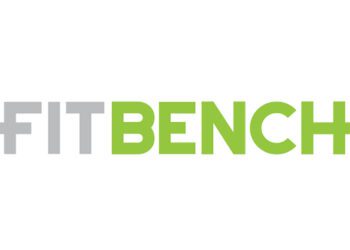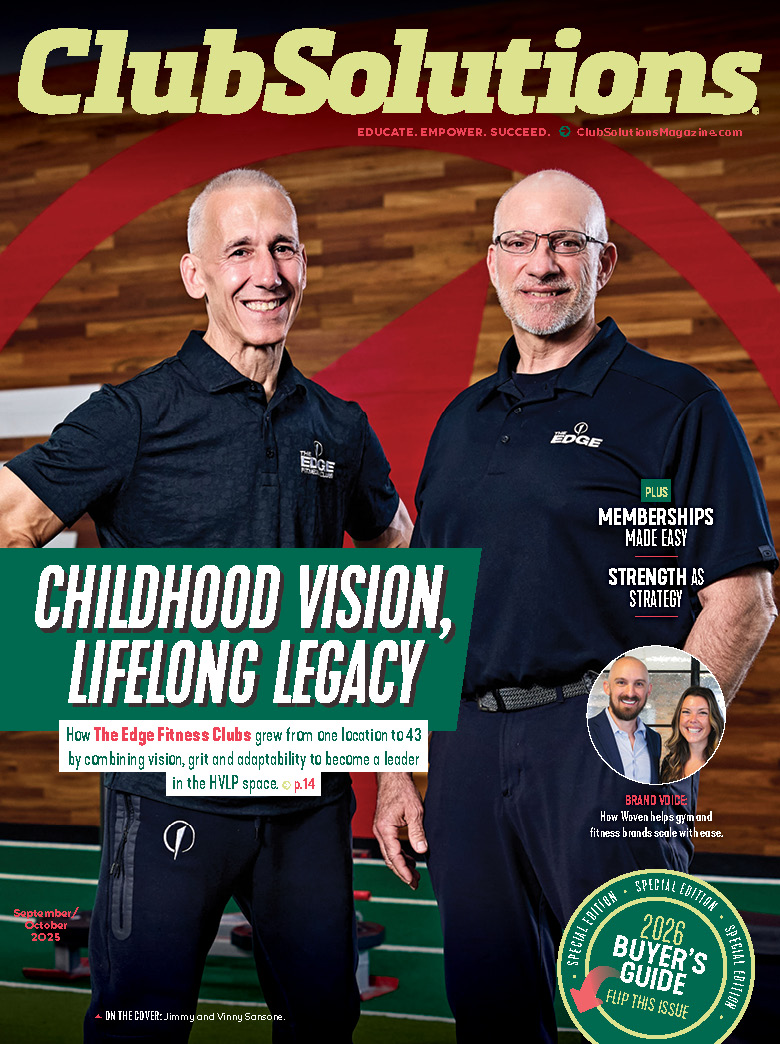New research1 by Les Mills demonstrates that regular sessions of new generation yoga classes can help banish the lockdown blues, increase sleep quality and boost mental health. This timely research delivers key insights into one of the most popular programs in the world, demonstrating the power of new generation yoga when recovering from life during such a turbulent time.
The research tracked Heart Rate Variability (HRV) and showed an increase in it with regular new generation yoga — revealing that new generation yoga classes are indeed more than just exercise. The following additional benefits were found from just six sessions:
- 15% improved sleep quality.
- 39% increase in positive feelings relating to confidence.
- 39% decrease in feelings of sadness and negativity.
- 29% increase in motivation.
- 26% decrease in negative emotions; anxiety and tension.
- 18% increase in satisfaction with daily life.
Heart Rate Variability
HRV is the measurement of interval variation between each beat of the heart. It is the tiny difference in the length of these intervals that are a sign of a healthy cardiovascular system, and that a person is in an optimal state of recovery. The higher the HRV, the more likely we are to be better equipped to cope with the pressures of daily life. Conversely, studies2 show low HRV correlates with anxiety and an increased risk of cardiovascular disease.
New Generation Yoga
BODYFLOW™ by Les Mills is a new generation yoga practice which blends elements of yoga, Tai Chi and Pilates with mindfulness, in a workout format. It is one of the world’s most popular yoga programs, with over 10,000 fitness clubs across the globe running the class weekly.
Study Findings
The study found that participants who incorporated regular 30 to 40-minute sessions of this specialized stretching and meditation into their daily life, experienced significantly improved sleep and cardiovascular health, enhanced recovery from mental and physical stress and boosted positive feelings.
The Les Mills BODYFLOW and HRV study measured a range of responses. The research team collected HRV and survey data related to life satisfaction and sleep quality for this research.
The study was presented by Jinger Gottschall, an associate professor at the American College of Sports Medicine Annual Conference in 2020.
References
1. Stretching and meditation improve heart rate variability, positive feelings and sleep quality in active adults. Gottschall et al. Medicine & Science in Sports and Exercise 2020, Vol 52 (5) 2. Heart rate variability in depressive and anxiety disorders Gorman & Sloan, PhD New York, NY, Am Heart J 2000;140:S77-83 3. Heart rate variability in adolescent females with anxiety disorders and major depressive disorder. Olsson et al, Acta Pædiatrica 2010 99, pp. 604–611 4. Effects of Tai Chi exercise on heart rate variability. Cole et al. Complementary Therapies in Clinical Practice 2016, 29(59-63) 5. A Brief Review and Clinical Application of Heart Rate Variability Biofeedback in Sports, Exercise, and Rehabilitation Medicine. Prinsloo et al. The Physician and Sports medicine 2014 42(2):88-99.
Stay ahead in the fitness industry with exclusive updates!
Les Mills is the global leader in group training and creator of over 25 programs available in leading fitness facilities around the world. Les Mills programs include the world’s favorite group strength workout BODYPUMP, BODYCOMBAT, BODYBALANCE, LES MILLS GRIT and the world’s most cutting edge group experience LES MILLS THE TRIP.
The company was founded by Les Mills — a four-time Olympian and head coach of New Zealand’s track and field team — who opened his first gym in 1968 with the aim of taking elite sports training to the masses. Today, Les Mills workouts are delivered by 100,000 certified instructors in 22,000 clubs across 100 countries, as well as via various streaming and XR platforms.











